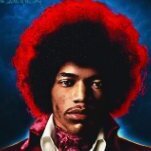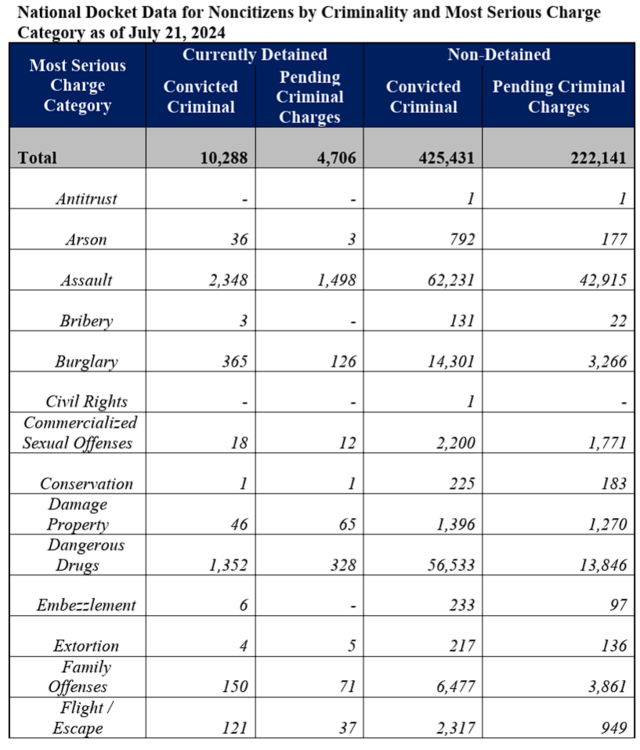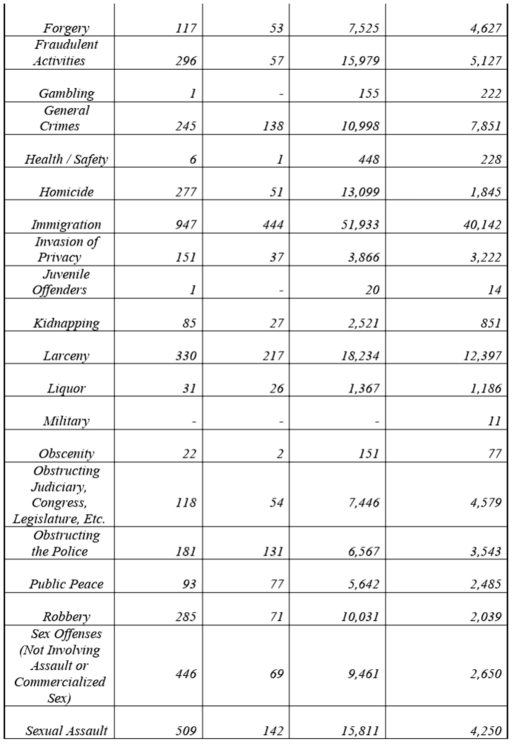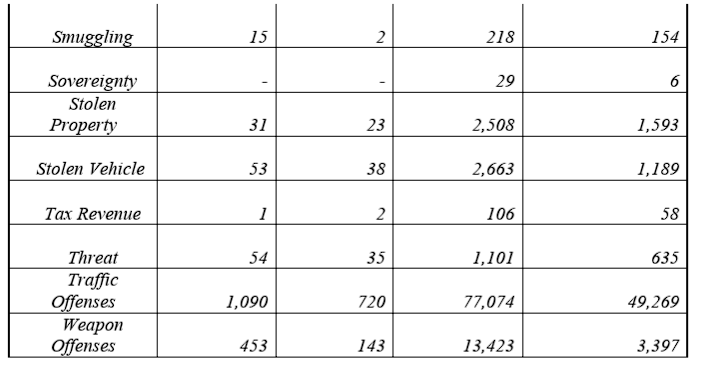I think that this is probably right. But I still think that the materials that are remaining classified don't get at the parties that pulled the trigger, I think that the remaining materials touch on subjects that for are sensitive for whatever reason but centered around foreign countries. It's stuff like the statements of chairman of the records review committee that shape this view. From an article in 2017, for example. https://www.politico.com/story/2017/10/27/jfk-records-rollout-judge-criticism-244257
The CIA said Thursday that the details it is concerned about include “the names of CIA assets and current and former CIA officers, as well as specific intelligence methods and partnerships that remain viable to protecting the nation today.”
Even so, “the President has demanded unprecedented transparency from the agencies and directed them to minimize redactions without delay,” the White House said in a statement. “The National Archives will therefore release more records, with redactions only in the rarest of circumstances, by the deadline of April 26, 2018.”
Dismayed assassination scholars and researchers assert that Thursday’s release encompasses only a fraction of what had remained undisclosed in the National Archives. The final batch that scholars have been waiting for total more than 3,100 files that had previously been “withheld in full,” and about 30,000 others that were partially released over the years with some information blacked out.
All those documents were collected by Tunheim’s Assassination Records Review Board, which Congress created in 1992 amid the public interest generated by the Oliver Stone film JFK.
,,,,
Tunheim said he believes that the CIA and FBI are probably most concerned that the documents could reveal secret relationships with foreign countries.










